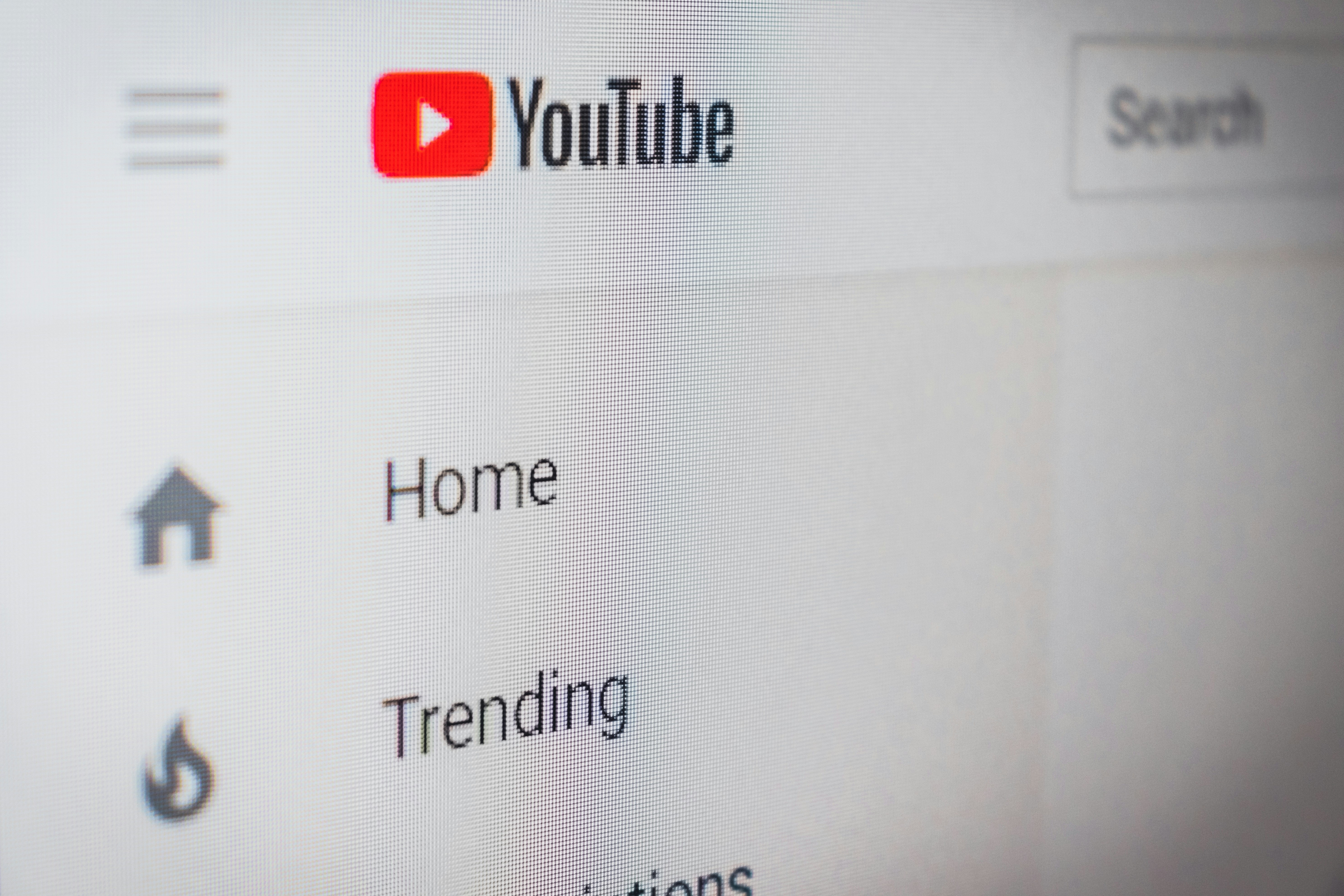
Kateryna Hliznitsova, Unsplash
In a reminder that the FTC’s new enforcement priorities will likely drive additional litigation risks, days after the settlement was announced, Disney Worldwide Services and Disney Entertainment Operations, LLC (together, “Disney”) were named as defendants in two class action complaints brought on behalf putative classes of minors. The first case, S.K. et al. v. Disney Worldwide Servs., Inc., No. 2:25-cv-08410, was filed on September 5, 2025, in the United States District Court for the Central District of California. The second case, captioned Does 1-3 ex rel. Sobalvarro v. Disney Worldwide Servs., was filed on September 9, 2025, in the Superior Court of California for the County of Los Angeles.
The complaints allege that Disney failed to appropriately mark certain videos it uploaded to the YouTube platform as “Made for Kids” between 2020 and September 2025—a designation necessary to ensure that automatic data collection practices are disabled on the platform—thus leading to the unlawful collection of the minors’ data. Plaintiffs in both cases brought causes of action for common law intrusion upon seclusion, invasion of privacy, trespass to chattels, unjust enrichment, and negligence. The California state court plaintiffs brought additional claims for violation of the California Unfair Competition Law and for invasion of privacy in contravention of the California Constitution. Both complaints seek actual, general, special, incidental, statutory, punitive, and consequential damages in excess of $5 million.

Both complaints were filed less than a week after Disney and the DOJ filed a proposed order authorizing a settlement for alleged violations of the Children’s Online Privacy Protection Act (COPPA) arising out of the same conduct alleged in the complaints. The proposed order was filed contemporaneously with the DOJ’s complaint, which the DOJ brought upon notification from the FTC, and requires Disney to pay a $10 million civil penalty, create a “Mandated Audience Designation Program” to ensure that all Disney videos are appropriately marked when uploaded, and submit to ten years of compliance reporting.
Both the federal court and the state court complaints allege that the proposed settlement would not adequately remedy the putative classes’ injuries.
While FTC settlements always carry the risk of copycat litigation, these new developments further emphasize how serious this risk can be in the privacy field—and especially children’s privacy—and that plaintiffs’ firms that are active in other privacy fields are looking for new areas in which to expand. Given the FTC’s stated change in enforcement priorities, companies need to reassess their positions not just for “traditional” compliance, but also for enforcement and litigation mitigation.
[View source.]